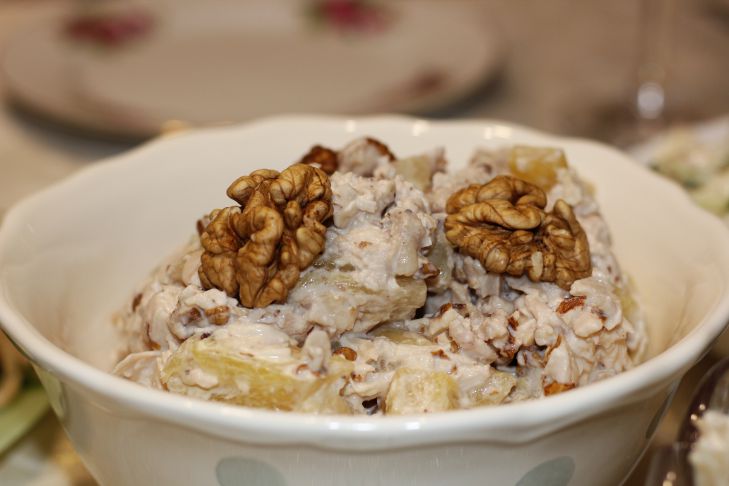Sunflower seeds are much healthier than you thought.
The Benefits of Sunflower Seeds
Dried and fiber-rich sunflower seeds have a beneficial effect on bowel function. They help remove toxins and waste from the body, preventing gas and constipation.
Sunflower seeds are rich in B vitamins, including B1, B2, B5, B6, and B9. Raw seeds also contain significant amounts of niacin.

This substance promotes normal functioning of the nervous and digestive systems, and also improves skin condition.
Nuts and seeds are also an excellent source of vitamins and healthy fats. They are especially rich in vitamin E.
Sunflower seeds, nuts, flaxseeds, and olive oil also contain vitamin F, which is essential for joint health.
In combination with vitamin D, it promotes the absorption of calcium.
Sunflower seeds are also rich in fluorine, sodium, zinc, silicon, chromium, manganese and iodine.
Thanks to this complex of vitamins, they contribute to the normal functioning of the entire body.
How many sunflower seeds can you eat per day
Although sunflower seeds have many useful properties, they are also high in calories.
Overeating can lead to excess weight gain, so it is recommended to limit consumption to 50 grams per day.
You can add sunflower seeds to salads, soups, side dishes, smoothies, toasts.
They have a fairly neutral aroma and taste, but they perfectly complement both main dishes and snacks with desserts.
You can add sunflower seeds to buns and bread.
Thus, your breakfast, lunch or dinner will be much more nutritious and healthier for you.
This is a great way to keep your body healthy.












